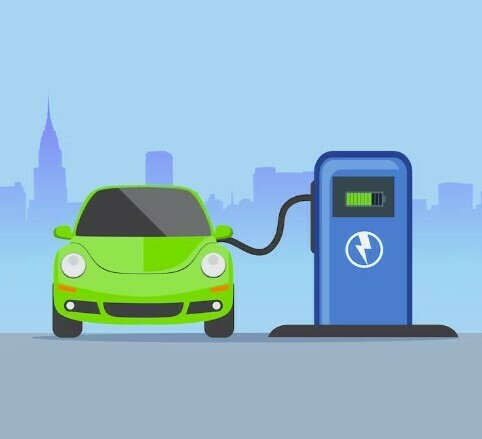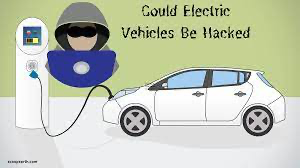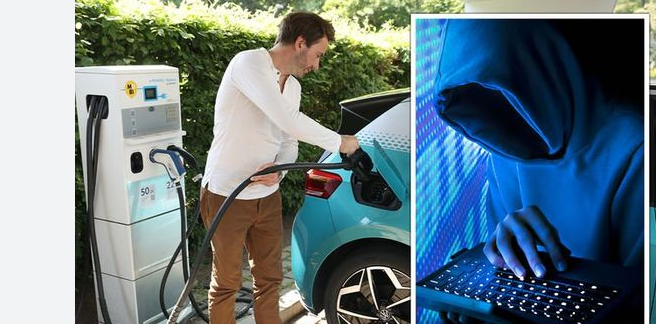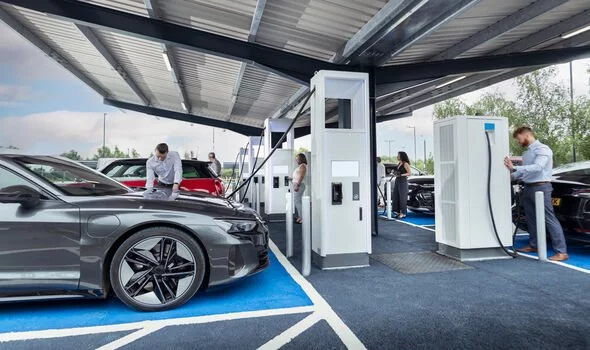Did anyone watch this video the Wall Street Journal published?
Cybersecurity experts warn that EVs will be ripe targets for hackers unless more attention is paid to the risk. I think I'm like most people following the trend of wanting a more eco-friendly environment, but I can't help but worry that electric vehicles are especially vulnerable to cyberattacks. Click here for the video

To start, many EVs today have the same "connected" features found in a smartphone, meaning they come with built-in Wi-Fi and Bluetooth. This means hackers could potentially access the car's systems remotely to control its functions or retrieve data from it. Hackers could also use a car's navigation system to track its movements, or even disable the vehicle completely.
Ultimately, there's no way to guarantee an EV won't be hacked, but automakers and security experts can work together to protect against cyber threats and make sure EVs are as safe as possible. As more people switch over to electric vehicles, it's important that we take steps to keep them secure.





